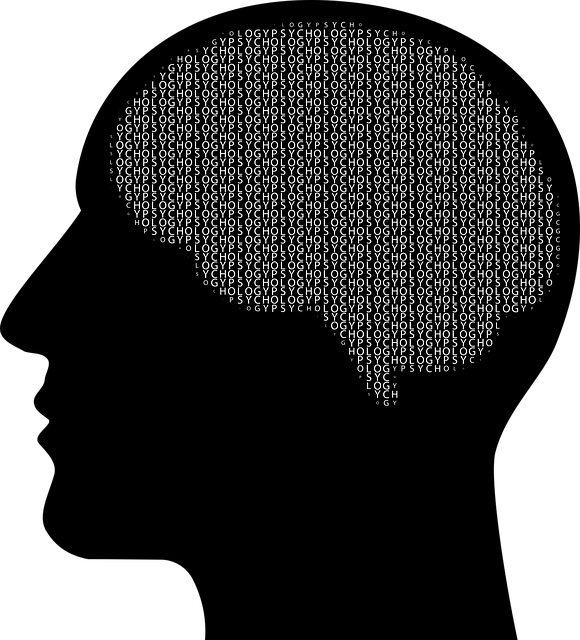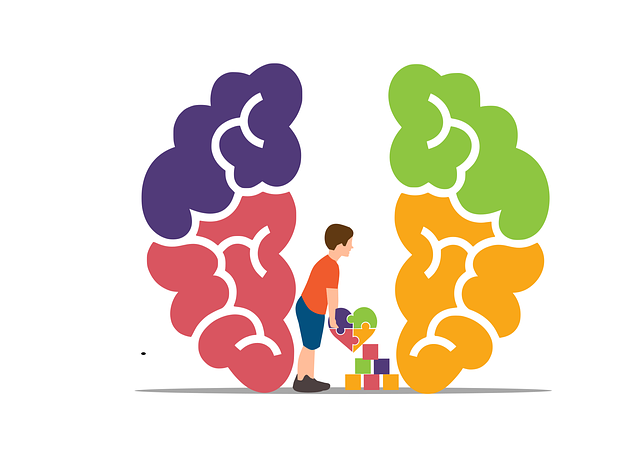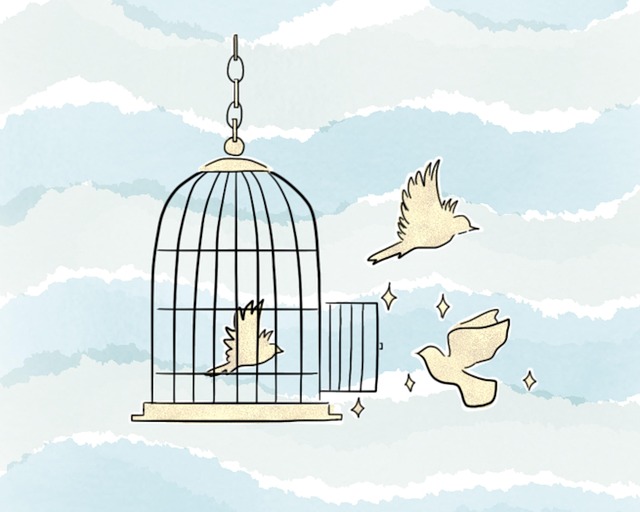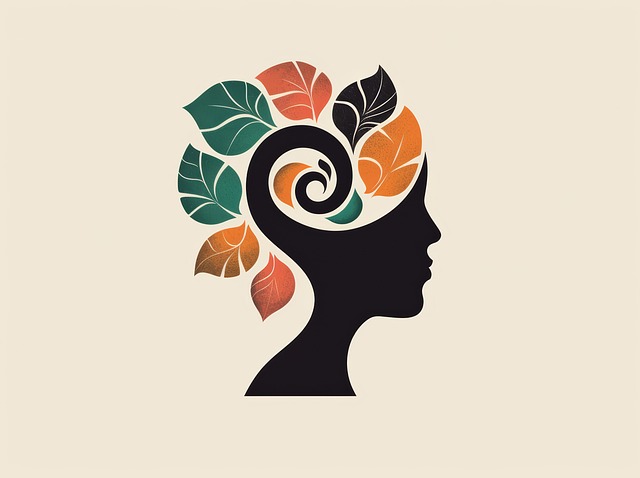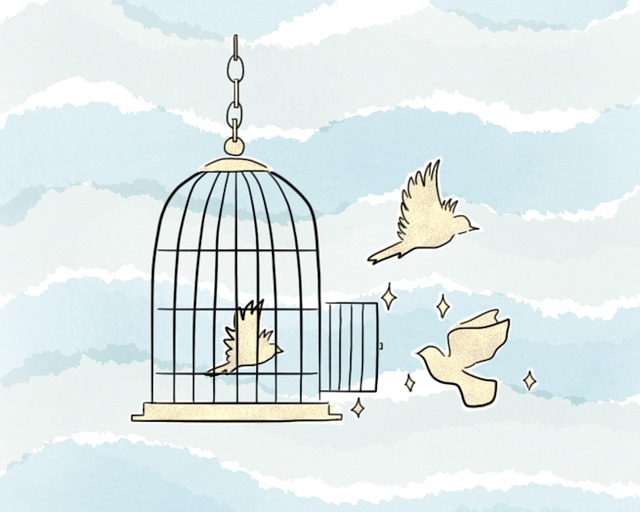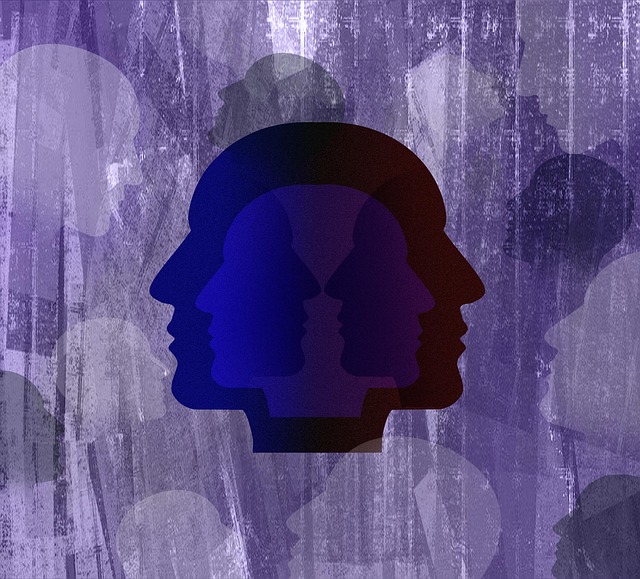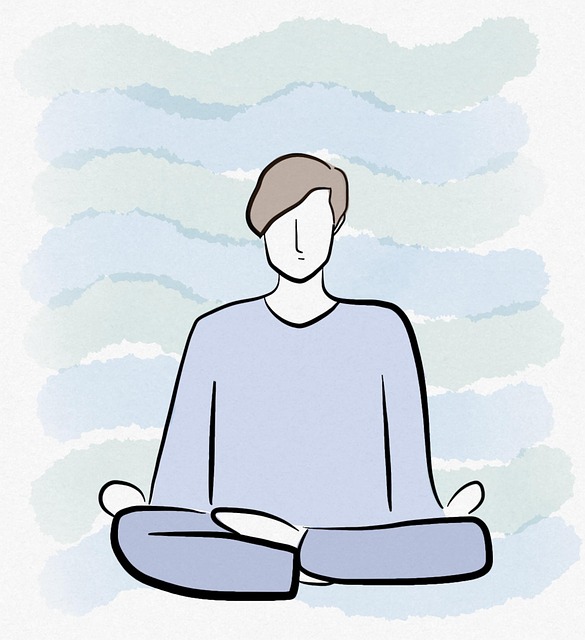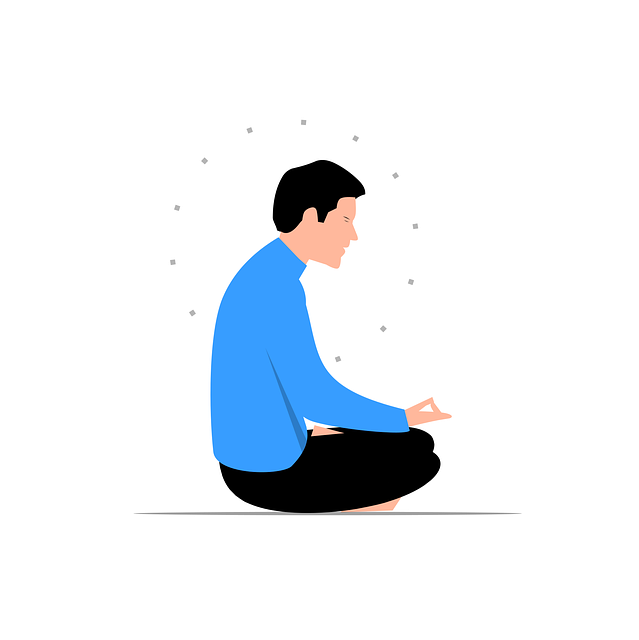Highlands Ranch Geriatrics Therapy leverages self-assessment tools for comprehensive mental wellness management, emphasizing holistic approaches and personalized care. These tools, designed with simplicity, accessibility, and user engagement in mind, integrate standardized questionnaires, prompts, and interactive features to assess emotional well-being. By combining quantitative data with qualitative feedback, the therapy center continuously improves its assessments, focusing on depression prevention, self-care practices, compassion cultivation, and stress management. This strategic integration enhances therapy effectiveness and empowers clients to take charge of their mental health.
Mental wellness self-assessment tools play a pivotal role in promoting holistic well-being, especially among older adults. This article explores the development of such tools, focusing on the practices employed by Highlands Ranch Geriatrics Therapy. We delve into crucial assessment areas, design considerations, and best practices to ensure effectiveness. Additionally, we discuss integrating these assessments into treatment plans and measuring success through continuous improvement strategies, highlighting the significant impact on patient outcomes at Highlands Ranch Geriatrics Therapy.
- Understanding the Importance of Mental Wellness Self-Assessment
- Identifying Key Areas for Assessment at Highlands Ranch Geriatrics Therapy
- Designing Effective Tools: Considerations and Best Practices
- Integrating Self-Assessments into Treatment Plans
- Measuring Success and Continuous Improvement Strategies
Understanding the Importance of Mental Wellness Self-Assessment

Mental wellness self-assessment tools play a pivotal role in identifying and addressing psychological concerns, serving as essential resources for both individuals seeking personal growth and mental health professionals conducting thorough risk assessments. By promoting self-reflection and awareness, these tools empower people to take charge of their mental well-being, much like the holistic approach offered by Highlands Ranch Geriatrics Therapy. They encourage users to explore their thoughts, emotions, and behaviors, fostering a deeper understanding of potential challenges or strengths.
For instance, these assessments can help individuals develop resilience—a key factor in navigating life’s stressors. Similarly, mental health professionals find them invaluable for community outreach program implementations, where risk assessment for mental health services is crucial. This proactive approach ensures that those in need receive timely support, ultimately contributing to a healthier and more resilient community.
Identifying Key Areas for Assessment at Highlands Ranch Geriatrics Therapy

At Highlands Ranch Geriatrics Therapy, identifying key areas for assessment is a multifaceted process tailored to each individual’s unique needs. Therapists utilize a comprehensive approach that delves into various aspects of mental wellness, including emotional well-being, cognitive function, and social connectivity. By assessing these dimensions, they can pinpoint specific challenges faced by elderly clients, such as depression, anxiety, or difficulties in adapting to life changes. This holistic evaluation is crucial for developing effective treatment plans.
One critical area of focus is enhancing self-care routines, as it significantly impacts overall mental health. Therapists guide clients in establishing and maintaining healthy habits that foster resilience and coping skills. Additionally, addressing cultural competency through specialized training ensures that healthcare providers can offer sensitive and culturally responsive care, which is essential for building trust and fostering open communication, particularly with diverse patient populations.
Designing Effective Tools: Considerations and Best Practices

When developing self-assessment tools for mental wellness, it’s crucial to consider a multi-faceted approach that caters to diverse needs and preferences. Effective tools should be designed with simplicity and user-friendliness in mind, ensuring accessibility for individuals across various age groups and technological proficiency levels, especially within the context of Highlands Ranch Geriatrics Therapy. Incorporating intuitive interfaces, clear instructions, and visually appealing layouts can significantly enhance engagement and encourage consistent use.
Best practices include integrating a mix of standardized questionnaires, self-reflection prompts, and interactive features to comprehensively assess emotional well-being. For instance, incorporating Depression Prevention strategies within the tool allows users to track their mood and identify potential triggers, fostering proactive Emotional Well-being Promotion Techniques. Moreover, including sections on Self-Care Practices can empower individuals to recognize and incorporate healthy habits into their daily routines.
Integrating Self-Assessments into Treatment Plans

Integrating self-assessments into treatment plans is a strategic approach that empowers both mental health professionals and clients at Highlands Ranch Geriatrics Therapy. These assessments provide valuable insights into an individual’s mental wellness, enabling therapists to tailor interventions and strategies specifically to each patient’s needs. By incorporating self-assessment tools, therapists can facilitate a collaborative process where clients actively participate in their journey towards improved mental health.
This method not only enhances the effectiveness of therapy but also promotes self-awareness and empowerment. For instance, risk management planning for mental health professionals becomes more proactive when clients are equipped with self-assessment skills, allowing them to identify potential triggers or concerns early on. Additionally, focusing on self-esteem improvement and emotional intelligence through these assessments can lead to profound changes in a client’s overall well-being, making the therapy experience at Highlands Ranch Geriatrics Therapy truly transformative.
Measuring Success and Continuous Improvement Strategies

Measuring success in mental wellness self-assessment tools is a multifaceted endeavor. At Highlands Ranch Geriatrics Therapy, we leverage data and feedback from users to ensure our tools remain effective and relevant. This involves setting clear, achievable goals aligned with improved mental health outcomes, such as reduced symptoms of anxiety and depression, enhanced stress management, and increased life satisfaction. We utilize a combination of quantitative metrics (e.g., scores on self-assessment scales) and qualitative insights (e.g., user feedback, interviews) to gauge the impact of our tools.
Continuous improvement is integral to our approach. Based on our measurements, we implement strategies such as refining assessment questionnaires, integrating new research findings into our practices, and tailoring interventions to meet diverse needs. For instance, incorporating Compassion Cultivation Practices and Stress Management Workshops Organization has shown promising results in promoting resilience and well-being among users. By staying agile and responsive to user feedback, Highlands Ranch Geriatrics Therapy aims to continuously enhance its self-assessment tools, ultimately contributing to Depression Prevention and fostering a more compassionate and supportive community.
The development of mental wellness self-assessment tools, as demonstrated by practices at Highlands Ranch Geriatrics Therapy, is a crucial step towards proactive mental health management. By identifying key areas and utilizing best practices in design, these tools enable individuals to take charge of their mental well-being. Integration into treatment plans enhances personalized care, while continuous improvement strategies ensure these assessments remain effective. As mental wellness self-assessment gains prominence, tools like those offered by Highlands Ranch Geriatrics Therapy will play a pivotal role in fostering healthier minds and improved quality of life.
